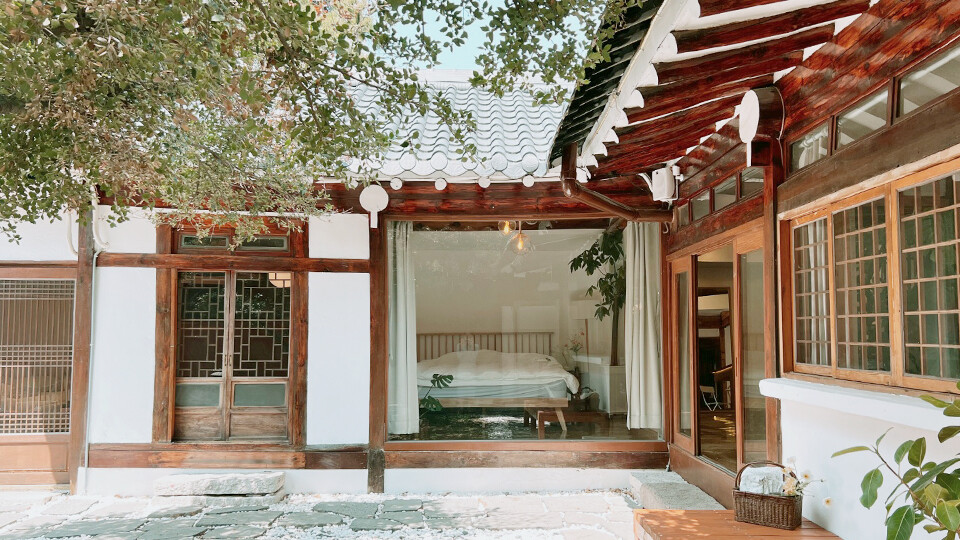
SEOUL — South Korea’s Ministry of Culture, Sports and Tourism (MCST) announced a significant relaxation of regulations governing the Foreign Tourist Urban Homestay Business, aiming to accommodate the surging demand for inbound tourism. The key changes focus on allowing older homes to participate and loosening the foreign language proficiency requirements for hosts.
The regulatory overhaul, which centers on amendments to the 'Operational Guidelines for Foreign Tourist Urban Homestay Business,' is designed to lower the barrier to entry for potential hosts and enhance the overall capacity and diversity of shared accommodations available to international visitors.
No Longer an Age Barrier: 30-Year-Old Homes Get the Green Light
Previously, a rigid guideline stipulated that houses (buildings) over 30 years old were automatically ineligible for registration as urban homestays, regardless of their actual safety status. This policy effectively barred many structurally sound, albeit older, properties from joining the sharing economy.
Responding to feedback from the Foreign Tourist Urban Homestay Association and local governments, the MCST has now deleted the 'Deteriorated or Defective Building' clause from the guidelines. This change means that residences aged 30 years or more can now be registered, provided they can prove their structural safety in accordance with the Building Act and the Building Management Act.
Local government officials are now empowered to assess a building's real-world safety. While they will still check for 'Illegal Building' status on the building register, they can now consult with experts, such as architects, to determine the structural integrity of the property, especially in cases where safety concerns under Article 15 (1) (1) of the Building Management Act are present. This pragmatic approach shifts the focus from a simple age cut-off to a practical, safety-first assessment.
Focus Shifts from Fluency to Functionality in Language Requirements
In another major move to make hosting more accessible, the MCST has relaxed the foreign language service evaluation standards.
The previous rules placed an emphasis on the host's personal foreign language fluency—a requirement that proved to be a high hurdle for many potential hosts. The revised guidelines adopt a more realistic and modern standard: hosts will now be deemed to meet the requirement if they can provide practical guidance on facilities, services, and Korean culture to foreign guests through the effective use of auxiliary tools, such as translation applications (apps).
Furthermore, the government is abolishing the official language test score requirement, which was previously benchmarked against the passing score for tourist interpreter guides (e.g., TOEIC 760 points). The new criterion will assess whether the host has established a system that can effectively provide real-time assistance and convenience to foreign tourists.
Part of a Larger National Tourism Strategy
These changes are part of a broader "Policy and Industrial Base Innovation" initiative, one of the three core innovation tasks discussed at the 10th National Tourism Strategy Meeting hosted by the MCST last month.
An MCST policy official stated, “By relaxing the building standards based on on-site feedback and making the foreign language service criteria more realistic, we expect a lower entry barrier for the Foreign Tourist Urban Homestay Business. Our goal is to allow more foreign tourists to experience diverse services and accommodations through our homestay sector.”
The new guidelines are expected to significantly increase the supply of quality urban homestays, particularly in unique, older neighborhoods, enriching the experience for international visitors who seek local, immersive accommodations beyond traditional hotels.
[Copyright (c) Global Economic Times. All Rights Reserved.]




























